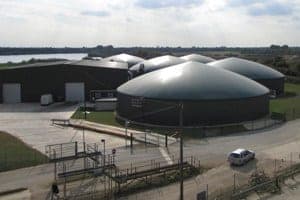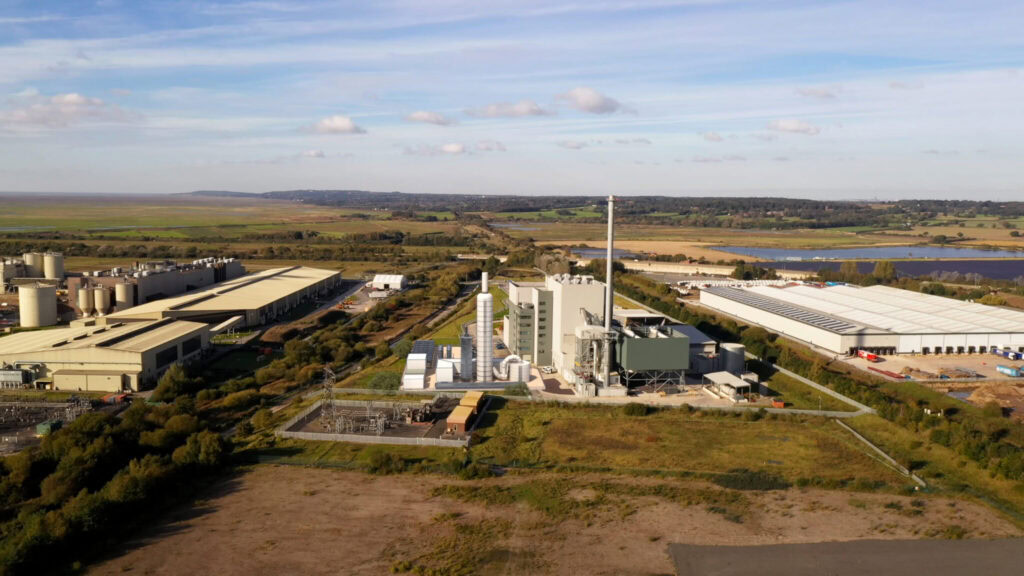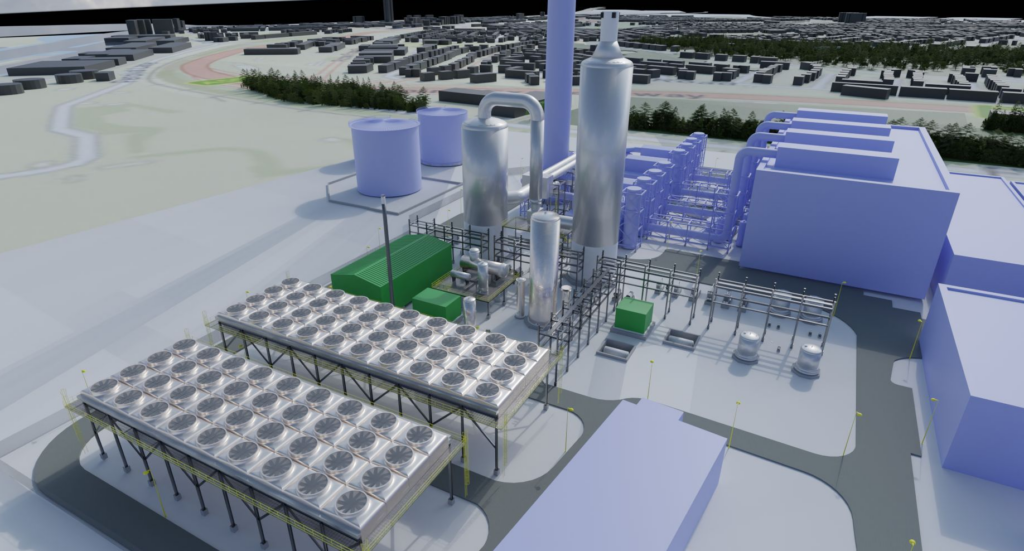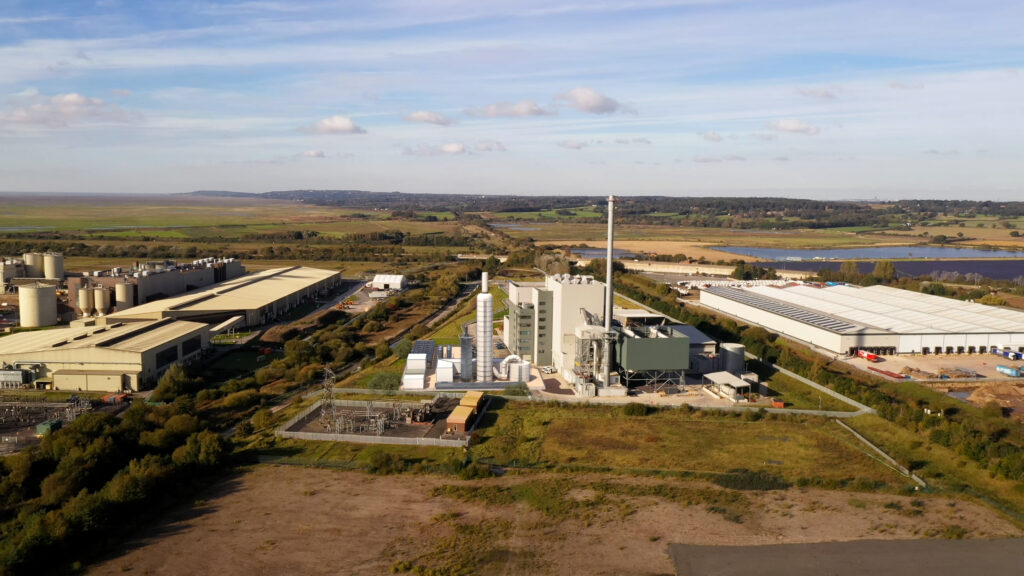The anaerobic digestion (AD) industry has claimed that finance for gas-to-grid projects through the Renewable Heat Incentive is beginning to bear fruit as the scheme has given investors greater confidence to finance projects.
The first biogas and biomethane installations are now online, including the JV Energen plant in Poundbury on the Duchy of Cornwall estate, the first gas to grid facility to receive RHI accreditation.

But, the industry remains frustrated by the governments delay on announcing whether the scheme will include support for renewable heat produced through combined heat and power (CHP) facilities.
The 860 million initiative, first outlined in March 2011, sees organisations rewarded for generating renewable heat and biomethane gas which can be injected back into the national grid via various technologies, including AD and energy from waste wood plants.
However, while the AD industry has generally welcomed this support, many remain frustrated that the Department for Energy and Climate Change (DECC) has delayed announcing the subsidy level available for combined heat and power (CHP) plants above 200KW (see letsrecycle.com story).
Scale
Anaerobic Digestion and Biogas Association (ADBA) policy manager Matthew Hindle told letsrecycle.com: Gas to grid is an important part of the industry, and it has taken a while for these projects to come to fruition even with the support being in place. Now we would like to see support for heat use on a larger scale.
George Fowkes, head of business development at Tamar Energy, which is aiming to develop a network of 40 AD plants in the UK by 2018, called for the government to ring fence funding for new infrastructure projects, when it announces further details of the support levels for CHP- expected in November.
‘Gas to grid is an important part of the industry, and it has taken a while for these projects to come to fruition even with the support being in place. Now we would like to see support for heat use on a larger scale.’
George Fowkes, head of business development at Tamar Energy
He said: I do not think I would be alone in suggesting the government launch a pre-accreditation scheme for these projects, which would be very helpful. There is a risk to RHI that we are seeing pre-existing generators of biogas leaving no market for new localised infrastructure. I think the government should ring-fence RHI so it is available for new infrastructure only.
We acknowledge that it is trying to set rules for the whole country but we would encourage them to try to stick to the date.
ADBA spokeswoman Rosaline Hulse added: The industry is disappointed it has been delayed again but until we see the information that will come out in November they have given little indication of what they will do. They havent confirmed support for projects over 200KW and people will be waiting to make contracts.
Chesterfield Biogas
Among the projects to benefit through the RHI scheme is ReFood UK Ltds waste food processing site in Merseyside which has awarded a 2 million contract to Chesterfield Biogas to install abiogas upgrader at the plant.
CBG will supply the Totara biogas-to-biomethane upgrader to ReFood, the bioenergy arm of PDM Group, as it develops its Widnes site to process commercial and domestic food waste and convert it to gas for injection into the national grid.
The Totara unit will be one of 29 currently in operation worldwide, including five working in series at Gstrow- based site in Germany.
Expected to be operational by April 2014, the plant will receive up to 650 to 2000 cubic metres of gas from an anaerobic digester (AD) per hour.
Attractive
Chesterfield Biogas managing director Stephen McCulloch said: With the Renewable Heat Incentive (RHI) now in place, it has become clear that producing gas for grid injection is a more commercially attractive option – hence the Widnes site will be engineered to include that output.
Related Links
It has taken some months, following the resolution of the regulations covering biomethane specifications such as oxygen content, to show in orders, but now we are seeing the results of our work in the industry.









Subscribe for free